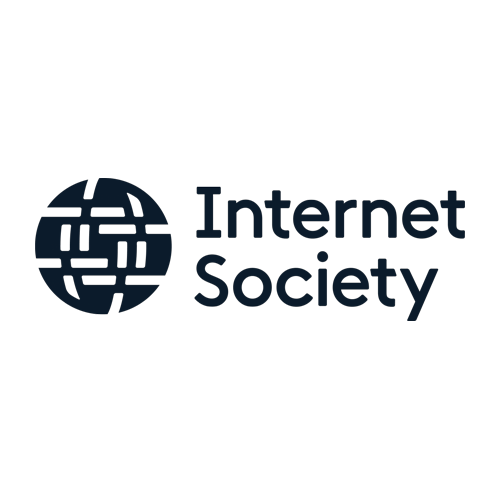In the recent years until 2018, Facebook may experience not a very good public relation as the company faces multiple worldwide scrutiny due to its inadvertent involvement with the U.S. election, and later the Cambridge Analytica scandal.
But as its business needs to expand, the company has partnered with the non-profit organization Internet Society to build more Internet Exchange Points (IXP) across Africa, with the goal of sourcing at least 80 percent of the continent's internet traffic from the inside by 2020.
According to the Internet Society, around 42 percent of African countries do not have IXPs, with only 44 active IXPs across all 32 nations.
What this means, much of Africa's internet network traffic is managed via satellite connections or subsea cables.

Studies have shown that African internet users benefit from Peering as it enables faster, more affordable and reliable access to contents.
"Peering at IXPs helps keep domestic internet traffic local by offloading traffic from relatively expensive international links onto more affordable local links," said the Internet Society. "As a result, ISPs are able to offer improved internet experiences for end users and spur interest in hosting content locally."
"We are getting closer to that target thanks to the many activities that promote interconnection and hosting in Africa and to partnerships such as the one we are announcing today with Facebook."
"Our partnership with the Internet Society will help develop Africa's IXP ecosystem by deploying resources like training and equipment to the areas where they are most urgently needed," head of Connectivity and Access for Facebook Africa Kojo Boakye added.
To broaden the reach of the internet, and also its social media network, Facebook has multiple of connectivity initiatives including Express Wi-Fi, a program through which Facebook provides fast and affordable Wi-Fi hotspots by working with internet service providers, network operators, and local businesses.
Other connectivity initiatives include Free Basics, which partners with mobile operators to provide information and resources across news, health, jobs, education, communications, and government through online services without data charges; High-Altitude Connectivity, which provides internet to rural areas with satellite or high-altitude platform stations rather than fiber optics or microwave links; and Rural Access, which tests and deploys "new wireless technologies and operating models" for remote areas.
Facebook has also developed high-speed mobile services across the Peruvian highlands and Amazonian rainforest.
The company's global connectivity initiatives also include Shared Backhaul Infrastructure, which invests in in fiber optics and wireless, including the 770km fiber build in Uganda; Telecom Infra Project, which focuses on lowering costs by pushing "collaboration and innovation across the entire telecom landscape"; and Terragraph, which uses wireless technology to provide internet speed to dense environment.
And lastly, Facebook has Analytics tools to help its connectivity partners to improve their networks.
